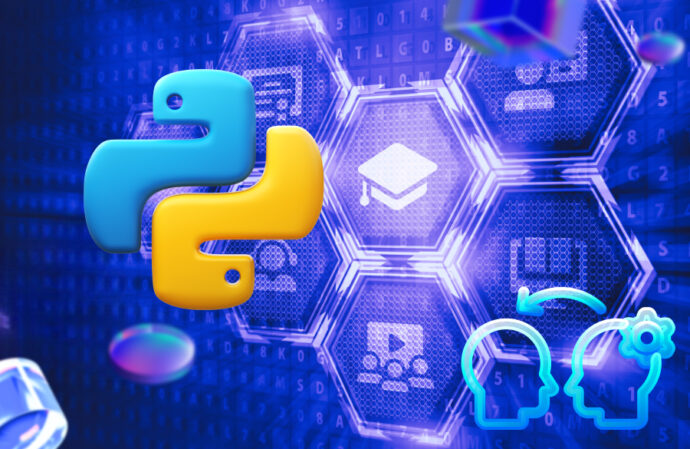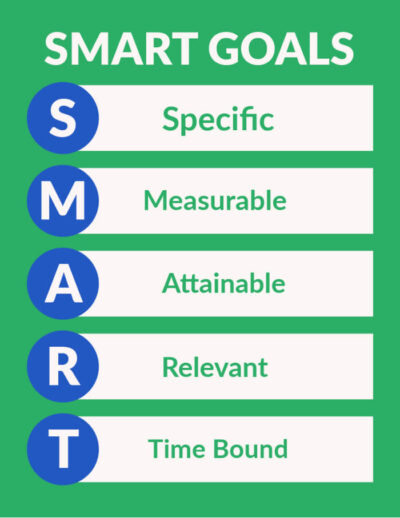
There exists a significant distinction between theoretical knowledge and practical application. Merely acquiring information from books doesn’t guarantee the flawless execution of a particular task. Take, for example, the process of obtaining a driver’s license, where learning to drive a car is imperative. If an individual relies solely on a book titled How to Drive a Car or watches a YouTube tutorial, presuming they can ace the driving test with just that, the outcome will likely be unfavorable – they will most likely fail.
On the contrary, enrolling in a driving school is much more effective. Here, one not only grasps the theoretical aspects of driving but also benefits from hands-on guidance. A mentor seated in the passenger seat provides real-time coaching, ensuring a more comprehensive and practical understanding of the skill. In such a setting, the learner is better equipped to navigate the challenges of driving, making the entire learning process more robust and likely to result in success.
Similarly, structured software engineer mentorship programs and experienced mentors offer the same kind of guided practice and real-time feedback that propel trainees from theoretical knowledge to practical mastery. Just as a driving instructor assesses your every turn and maneuver, a software engineer mentor can review your code, debug alongside you, and offer nuanced critiques to refine your craft.
This dynamic interplay between theory and practice accelerates learning, builds confidence, and equips you to tackle real-world coding challenges with the same assurance you’d navigate a busy intersection. So, while self-learning has its merits, a formal software engineering mentorship program provides the invaluable equivalent of a driving school – a structured road map, expert guidance, and hands-on experience, ultimately paving the way for a smoother and more successful journey toward becoming a skilled software engineer.
Building a strong team requires nurturing talent, and junior developers are the future of the software landscape. Effective mentoring can propel their growth and boost your team’s overall success. This ultimate guide equips you with the knowledge and tools to become a stellar mentor and guide your junior developers toward mastery.
Building the Foundation
Cultivating the Right Mindset
- Define goals and responsibilities openly: Establish a solid foundation of trust and clear expectations before your mentoring journey begins. Set achievable goals and responsibilities together.
- Discuss communication preferences and check-in frequency: Ensure open communication through preferred channels and regular check-ins.
- Embrace the partnership: Mentorship is a two-way street. Listen to your mentee’s concerns and aspirations and guide them to set SMART goals aligned with their career path.
Setting SMART goals for mentees’ success also holds immense importance here. Let’s now try to understand the SMART goals in more detail.
SMART goals
SMART goals are a popular framework for setting effective and achievable goals. The acronym SMART stands for:
- Specific: Goals should be well-defined and clear, leaving no room for ambiguity. Instead of “Get healthier,” use “Walk for 30 minutes 3 times a week.”
- Measurable: You should be able to track your progress toward your goal. Use numbers or quantifiable metrics to see how close you are getting. For example, “Read 10 pages of a non-fiction book daily.”
- Attainable: Goals should be challenging but achievable with effort. Unrealistic goals can lead to discouragement. “Run a marathon in 6 months” might be too ambitious for someone just starting to exercise.
- Relevant: Goals should align with your values and priorities. Ask yourself why this goal is important and how it fits into your life. “Learn Spanish to connect with my family members” is a relevant goal.
- Time-Bound: Set a deadline for achieving your goal. This creates a sense of urgency and helps you stay focused. Instead of “Improve my public speaking,” try “Deliver a confident presentation at the company meeting next month.”
SMART goals can help you stay motivated, track your progress, and achieve your desired outcomes. They are a valuable tool for personal and professional development.
Foster Trust and Openness
- Champion curiosity: Encourage a questioning mind and foster a safe space for asking “dumb” questions. Curiosity fuels learning, and your mentee’s inquisitiveness is a valuable asset.
- Actively listen and provide constructive feedback: Listen to your mentee’s concerns, offer constructive feedback, and celebrate their achievements with honest praise.
- Celebrate progress: Recognize and applaud their achievements, no matter how small. Positive reinforcement builds confidence and motivates them to push further.
Learning and Growth
Tailored Training
- Assess initial skill level, identify learning gaps, and utilize junior developer training resources. To nurture your mentee’s growth, tailor their learning journey. Assess their skills and fill gaps with resources like:
- Online courses (Udemy, Coursera)
- Coding boot camps
- Hackathons
- Craft personalized learning plans that cater to their strengths and interests.
Hands-on Experience
- Provide practical experience through challenging tasks, collaborative pair programming sessions, and insightful code reviews.
- Finally, encourage them to actively participate in team projects and discussions, exposing them to diverse perspectives and solidifying their skills. This dynamic approach to learning will equip your mentee with the knowledge and confidence to thrive.
Empowerment and Support
Challenge and Stretch
- Give opportunities to step outside comfort zones: Ignite your mentee’s inner spark by pushing them beyond their comfort zone.
- Challenge them with exciting tasks involving new technologies and tools, and inspire them to attend conferences and meetups to broaden their horizons. However, empowering them goes beyond technical skills.
Connect and Network
- Introduce them to relevant industry professionals: Connect them with relevant industry professionals to build their network and foster mentorship beyond your relationship.
- Help them curate a strong online presence, showcasing their talents to the world. And remember, sometimes the best learning happens outside the codebase.
- Explore fun team-building activities, like escape rooms, volunteer projects, or even social events, to foster fellowship and build lasting connections. By pushing, connecting, and celebrating, you’ll watch your mentee blossom into a confident, well-rounded developer ready to take on the world.
Beyond Technical Skills
- Mentoring soft skills: Nurturing communication, teamwork, and problem-solving skills is crucial for any developer’s success. Provide opportunities to practice these skills through team projects and client interactions.
- Building confidence: Imposter syndrome is common among junior developers. Help them overcome self-doubt by highlighting their strengths and achievements and reminding them of their potential.
- Navigating the workplace: Guide your mentee on navigating office politics, managing expectations, and building healthy work relationships. This equips them for the professional world beyond coding.
Finding a Mentor
Internal Mentorship Programs
Whether you’re a seasoned developer seeking guidance or a fresh-faced newbie eager to learn, finding the perfect mentor doesn’t have to be a solo quest. Look within your own company first. Many organizations offer formal mentorship programs, and tapping into the expertise of experienced colleagues can be a rewarding experience. If internal options are limited, venture out into the wider tech community.
External Mentoring Platforms
Online platforms like MentorCruise and Codementor connect you with mentors across diverse backgrounds and skill sets. Don’t forget the power of in-person connections! Attend industry events and workshops that offer mentorship opportunities, allowing you to build relationships and learn from industry leaders face-to-face. Remember, the key is to be proactive and explore your options, for the perfect mentor awaits just around the corner.
“I spent years reading programming books, convinced I was a coding savant in the making. Turns out, my real superpower was writing semicolon jokes so bad they could make a compiler cry. Don’t be like me – get a mentor!”
Conclusion
Remember, mentoring is a rewarding journey. By investing time and effort in your junior developers, you shape their careers and contribute to the future of the software industry. So, embrace the challenge, be patient, and witness your mentees blossom into confident and successful developers!
Let’s build a thriving developer community, one mentorship at a time!













 Dedy Kredo
Dedy Kredo
 Gadi Zimerman
Gadi Zimerman
 Alexander Wenel
Alexander Wenel